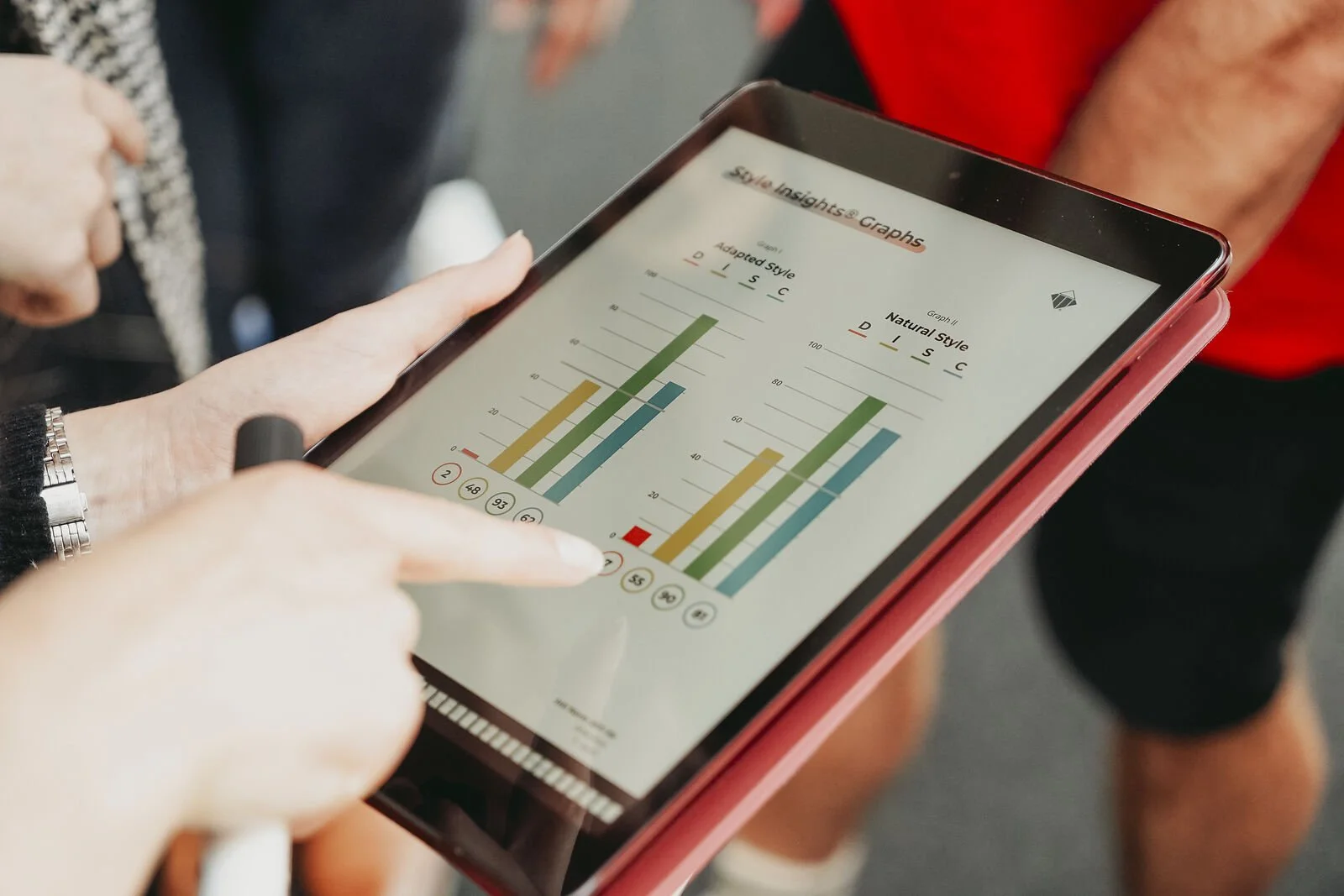Our Development Training Solutions For Your Employees
Below are our most popular requests for management, leadership and team development training that can be tailored to meet your specific learning requirements and desired outcomes.
Development Training Solutions Tailored For You
All of the below can be tailored to meet your specific learning requirements
and desired outcomes.
-

Team Leadership ILM Level 3 Apprenticeship
For those taking their first step into a management role or those with some experience in managing a team or project.
Duration: Avg. 12-15 months
Content covered includes:
Understanding different leadership styles and the benefits of coaching to support people and improve performance.
Understand organisation cultures, equality, diversity & inclusion.
Enhancing self-awareness and understanding of unconscious bias and inclusivity as a manager.Understanding learning styles, feedback mechanisms and how to use emotional intelligence to better manage team members.
How to create an effective personal development plan and use time management techniques to manage workload and pressure.
-

Transition to Management
To help employees transition to management roles and/or managers with less than one year’s experience managing teams.
Duration: Avg. 3-4 weeks
Content covered includes:
Learning leadership mindsets to help with the transition to management
Using SMART theory to create challenge and achievable objectives for our transition to management and our teams.
An introduction to behavioural flexibility to adapt communication to others.
How to deliver balanced, objective feedback to team members.
An introduction to the fundamentals of coaching and covering easy-to-apply coaching models to begin coaching conversations with team members to help them.
-

Developing High Performing Teams
For experienced managers or leaders looking to better manage and develop high performing teams.
Duration: Avg. 8-12 weeks
Content covered includes:
Using psychometric tools to enhance self-awareness of behaviours, communication styles and team dynamics.
How to identify team member development levels to then consciously choose and adapt our leadership style to aid their development.
An introduction to emotional intelligence - why it’s important in the modern workplace? EQ vs. IQ and strategies to become a more emotionally intelligent leader.
The importance of building a culture of trust and accountability to improve team outputs and developing high performing teams .
-

Building Effective Teams Workshop
For managers and teams looking to improve their communication and collaboration and focus on specific team goals through a building effective teams workshop.
Duration: Avg. 1/2 day or 1-day workshop
Content covered includes:
Challenging ‘unhelpful’ mindsets to improve self-awareness and perceptions of situations and others.
Creating a culture of accountability within the team to build trust between team members.
Using psychometric assessments to understand team dynamics i.e behaviours, communication preferences, perceptions of ourselves and others
An introduction to understanding motivators to understand what motivators the team and how we align team goals to these through an building effective teams workshop.
-

Know Yourself Workshop
For individuals or team’s looking to enhance their self-awareness by understanding their behaviours, communication styles and how they can be perceived by others through a know yourself workshop.
Duration: Avg. 1/2 day workshop
Content covered includes:
Using psychometric assessments to improve self-awareness of our behaviours and communication preferences and how we can be perceived by others.
How to identify behaviours based on words, tone and body language and how to adapt our communication style to tailor messages and build rapport quickly.
Applying this knowledge to our team members, stakeholders, customers, clients etc. to begin improving communication and collaboration.
An introduction to group/team dynamics through understanding how different behaviours contribute within high-performing teams.
-

Courses For Customer Service Development
For new and experienced customer service and/or sales representatives looking to upskill themselves to improve the customer experience through courses for customer service.
Duration: Avg. 8-12 weeks
Content covered includes:
Adopting a customer centric mindset to provide a positive customer experience.
Using effective sign-posting and conversation fundamentals to manage customer expectations.
Using psychometric assessment to understand customer behaviours and how to adapt messages to build rapport with the customer.
How to positively say ‘no’ to customer demands.
Knowing when and how to utilise empathy to create a more human-to-human conversation with customers.

Interested? Have questions?
Please use our contact form by clicking the link below and one of our team will be in touch to help however we can.


